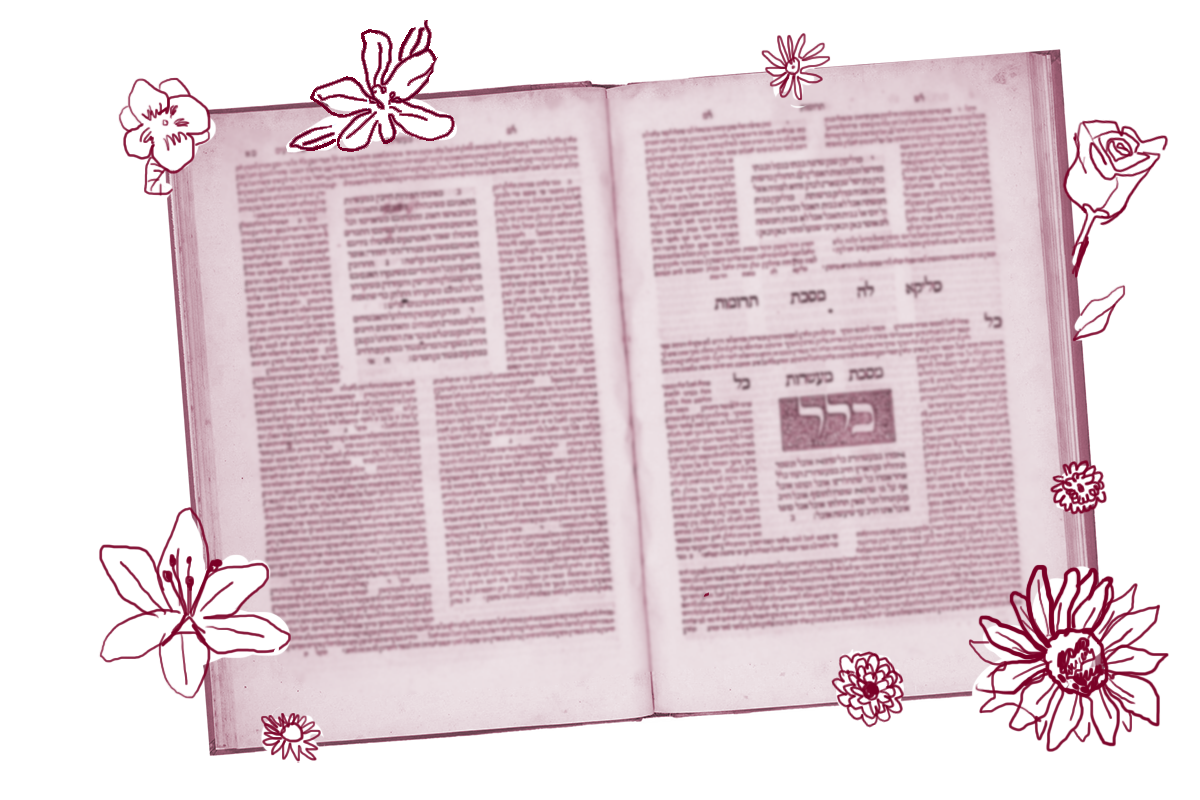Some people I know really enjoy getting into the spirit of fast days like Yom Kippur, using it as an opportunity to express their more emotional sides that perhaps they keep more under wraps the rest of the year. Others, however, find such days to be burdensome or anxiety-inducing. In their determination of what counts as “affliction” on Yom Kippur, the rabbis had to strike a balance between two poles: On the one hand, they wanted the day to truly feel different and even difficult, but on the other hand, they did not want the day to be so emotionally or physically taxing that it would put people off from the day’s practices altogether.
On today’s daf, the sages attempt to achieve this balance through a number of leniencies when it comes to the afflictions regarding bathing and using oil (think of this as the rabbinic version of lotion) on the body.
It is just as forbidden to bathe part of the body as it is to bathe the entire body. But if someone were dirty with mud or dung, they may wash normally with no concern.
It is just as forbidden to put oil on part of the body as it is to put oil on the entire body. But if someone were sick or had scabs on their head, they may put oil on normally.
In addition to making exceptions to the prohibition on bathing and anointing for those who are sick or truly filthy, the rabbis also allow people to wash their hands in order to feed their children — in fact, they mandate it so as to ensure that children are getting fed — and even to immerse their bodies in water up to the neck for the purpose of crossing a river to meet a parent or a teacher, or to protect the fruit in their fields.
On the topic of this latter leniency, the Talmud brings a story that nicely summarizes the whole rabbinic attitude towards the subject. A teacher named Rav Yosef permitted his students to cross through water to attend his lecture on Yom Kippur, as per the exception above. However, in a further leniency, he also allowed them to cross through water again on their way home. When his student Abbaye asked why Rav Yosef would allow his students to do this, since it could risk transgressing the prohibition on bathing, Rav Yosef explained:
So they will not be obstructed from coming in the future.
One could read this statement in (at least) two ways. It could be that Rav Yosef meant that if the students knew that they wouldn’t be able to get home conveniently, they wouldn’t want to attend his lecture on Yom Kippur in the first place. But this explanation could also be a more general statement that if people feel that Jewish ritual practices — even the ones that are supposed to be somewhat difficult — can’t accommodate basic human convenience, then they might become alienated from the whole. Ultimately, says Rav Yosef, it’s important for a community leader to make the extra effort to be accessible, even if that means not being such a stickler about the rules.
Read all of Yoma 77 on Sefaria.
This piece originally appeared in a My Jewish Learning Daf Yomi email newsletter sent on June 27th, 2021. If you are interested in receiving the newsletter, sign up here.
The post Yoma 77 appeared first on My Jewish Learning.




